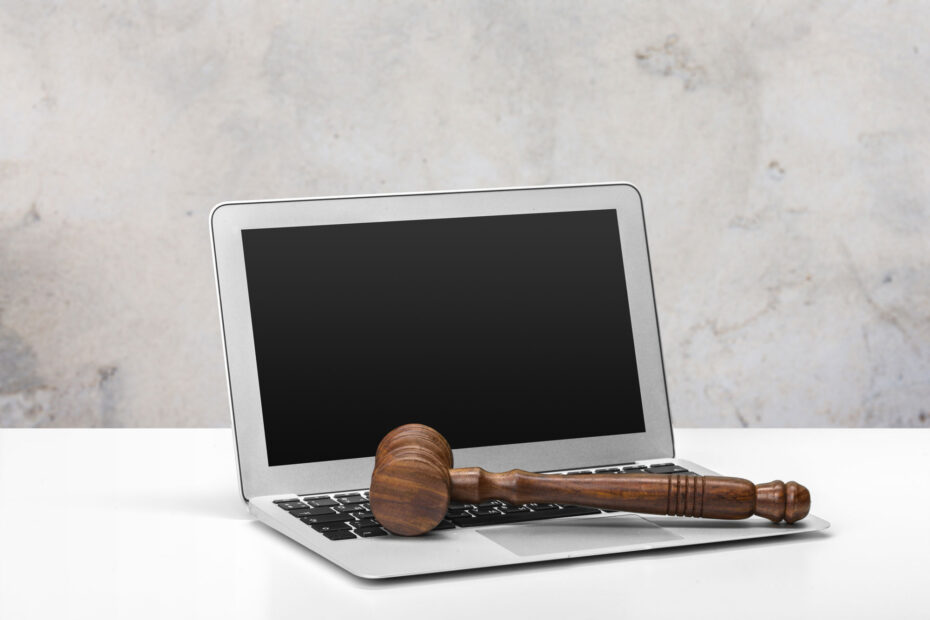The Internet has undoubtedly revolutionalised the way we communicate. Kenya is estimated to have about 22.3 million users, according to the Kenya National Bureau of Statistics. It can be said that Kenya is definitely up there with the rest of the world when it comes to usage and presence on the Internet.
The biggest advantage and allure when it comes to new media is the instantaneous speed with which information is shared and the employment of pseudonyms by Internet users. These features, however, make the Internet a double-edged sword as can be seen in the increasing number of defamation cases filed in our courts.
Because of its borderless nature, an individual has, in 140 characters, greater potential to damage the reputation of another. Corporations have also not been spared. Trade libel is defamation against the goods or services of a company or business.
Because of its unique features, Internet defamation has been distinguished from the traditional definition in traditional media such as newspapers.
This was noted way back in 2004 in Canada in the case of Barrick Gold Corp vs Lopehandia 2004 CanLII 12938, in which the Ontario Court of Appeal increased the amount of damages awarded to a plaintiff stating: “…defamation on the Internet has features which distinguish it, for purposes of damages from defamation in other media. Communication via the Internet is instantaneous, seamless, interactive, blunt, borderless and far-reaching.
“It is impersonal, and the anonymous nature of such communication may itself create a greater risk than the defamatory remarks are believed. The Internet has greater potential to damage the reputation of individuals and corporations as a result of these features than does its less pervasive cousins.’’
Unfortunately, in their discussions, most Internet users give a premium to the thrill of speed over accuracy and decency. The use of pseudonyms coupled with the ignorance and obstinacy of most Internet users make them think that they can post anything, unaware that defamation law applies to what is published on the Internet and limits what people can post online.
The Kenyan courts still approach Internet defamation like traditional defamation in newspapers and this has compounded the problem. There is also the issue of jurisdiction because the Internet is borderless and different countries protect the right to freedom of expression differently.
In assuming jurisdiction, what are the tests to be met? Is defamation located at the place where the reputation is damaged? Or is it where the defamatory material is downloaded and read? Is it where the action would be heard conveniently? These are questions the Kenyan courts will have grapple with, and it will be interesting to hear their answers.
However, not all suits filed in our courts and labelled “classified as defamation suits” are actually defamation suits. They are camouflaged as defamation suits when in the real sense, they are filed to stifle public debate on very crucial matters like insecurity, corruption and the rising cost of living affecting Kenyans.
In other jurisdictions, they are called Strategic Lawsuits Against Public Participation (SLAPPs). This has been described by Graham Darling in his article, “Internet Defamation”, as lawsuits that are launched to silence criticism. Often the plaintiff does not have a strong case and the objective of these lawsuits is not necessarily to win.
The goal of SLAPP is to intimidate a critic, to silence criticism through fear of costly litigation and the possibility of having to pay a huge damages.
SLLAPPs are also used to gain the identity of an anonymous critic from an ISP or website owner. Those who use it usually have more resources to pursue a lawsuit than their targets, making SLLAPs an effective tool for the wealthy to muzzle their critics.
Our courts must, therefore, exercise a delicate balancing act and not be perceived to be aiding the rich in their onslaught against the freedom of expression by dishing out injunctions like confetti.
At the same time, it should not be given free rein on the Internet where modern-day charlatans post malicious messages.
“Twitterfamation’’ is what I call it and it must not be left unchecked.
Photo credit: Freepik.com

